
By PA
Tánaiste Leo Varadkar has said he is “not aware” of any other Government agencies that have been hit by the cyber attack.
Government ministers received a security briefing from National Cyber Security Centre (NCSC) officials on Monday following the ransomware attack that targeted the HSE and crippled its IT systems.
Tánaiste Leo Varadkar has said he is “not aware” of any other Government agencies that have been hit by the cyber attack.https://t.co/oV434PTtMX
— Q Radio News (@qnewsdesk) May 18, 2021
Taoiseach Micheál Martin, Mr Varadkar, Minister for Environment Eamon Ryan, Minister for Justice Heather Humphreys, Minister for Health Stephen Donnelly and Minister of State for Communications Ossian Smyth were told of the ongoing impact of the attack as well as the technical responses deployed and work to recover the HSE’s IT systems.
In a statement, a government spokesperson said their main concern is to “secure as speedy a resumption of all medical services as can possibly be achieved, consistent with ensuring that the HSE’s system can be safely and robustly restored”.
“No effort is being spared to achieve this,” they added.
Earlier, Mr Varadkar said he is not aware of any other bodies that have been affected, following reports of a widespread audit of Government departments to see if they have been hit by the cybersecurity threat.
He told reporters: “There hasn’t been one on my department, or any other body that I’m aware of.
“But needless to say, we’re doing everything we can to strengthen our security systems.”
Mr Varadkar said there had been an attack on the HSE and unsuccessful attempt to hack into the Department of Health.
He described it as a “heinous crime”, targeting the sick.
“It’s not just an attack on the State. It’s not just an attack on a computer system.
“It is an attack on sick people, sick people whose care is now going to be delayed, and is going to be affected. That really makes it a heinous crime in my view.
“And we have to deal with these people, we have to cooperate on an international level and catch them and bring them to justice.”
Mr Varadkar firmly ruled out the prospect of Government paying any ransom.
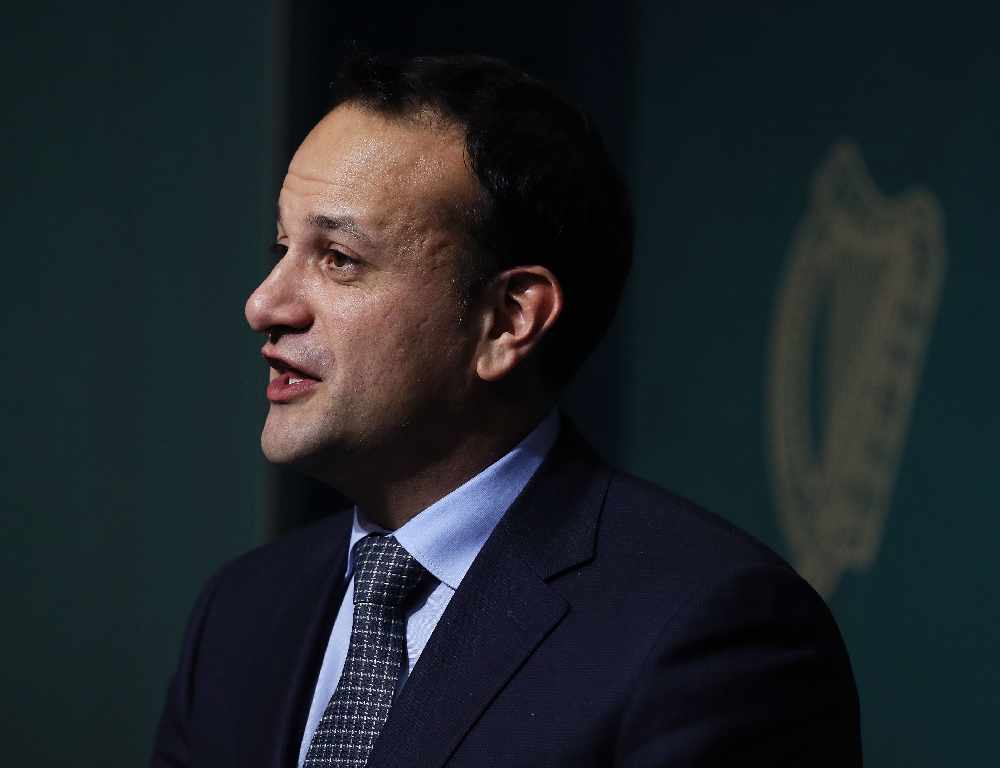
(Mr Varadkar said the government would not pay any ransom)
Earlier, HSE boss Paul Reid said fixing the damage to the health service’s IT systems following the cyber attack will costs “tens of millions” of euro.
The impact of the attack on services is expected to last throughout this week and beyond, with thousands of patients facing cancelled appointments and delays.
Private and voluntary hospitals will be brought on board to ease the burden, with “alternative processes” to be put in place for urgent cancer care needs.
Mr Reid warned that the risks associated with the cyber attack “increases every day”.
He said: “This is quite a very serious criminal act on sick people, and it’s having very severe consequences for us.
“We are setting out to mitigate, obviously, as much as we can, the extent of some of those impacts.
“Our team has been working around the clock for a weekend with the best national and international expertise on technology and cyber crime.”
Asked about the potential cost of fixing the problem, he replied: “This will be in the tens of millions in terms of impacts on our systems. There’s no doubt about it.
“Whatever investment is required is certainly here and we’re doing it and we’re carrying on.”
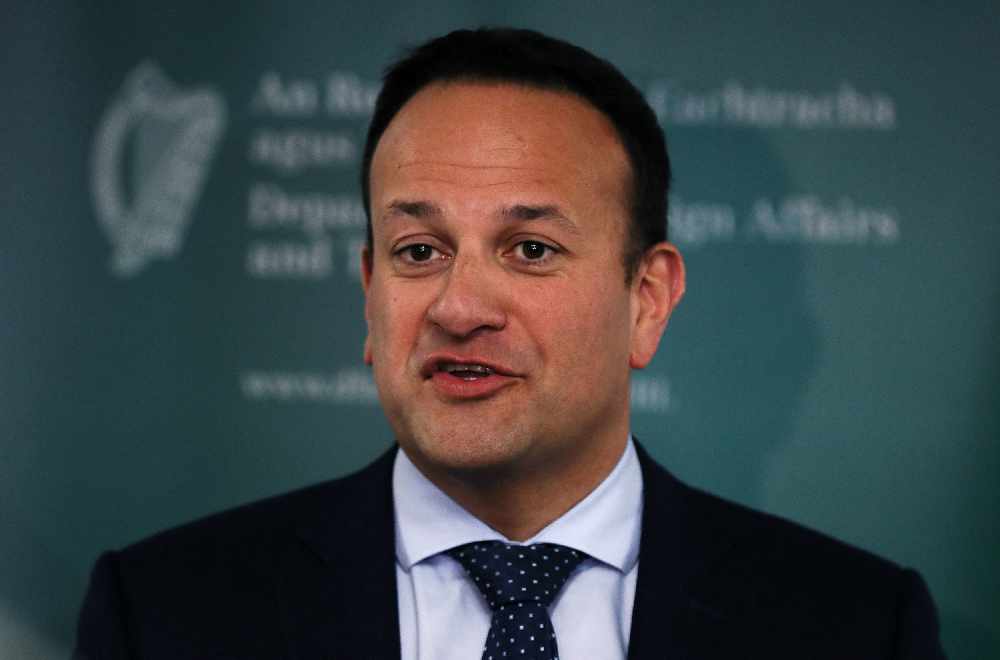
(Mr Varadkar said the government were not aware of further cyber attacks)
Mr Reid told RTE’s Morning Ireland there are 19 voluntary hospitals with “standalone systems” that can be brought on board, including the Mater, St James’, Beaumount, St Vincent’s and Tallaght hospital.
In parallel to this, efforts are being directed at getting lab systems, patient information systems, diagnostics and oncology services back up and running.
“Where those systems are down there are certain care services, so for example, cancer, urgent radiology, that we’re putting alternative processes for, there’s some support through the private hospitals,” Mr Reid said.
He urged patients wondering about the status of their appointments to visit the HSE website, which is being updated regularly.
The attack, which came to light on Friday, has also extended to the Department of Health – although it has not been as severely affected.
Asked how long the issue might last, Mr Reid replied: “That’s the unknown, unfortunately, for right now. This is a really very serious hit, a complex hit.”
He added: “This will impact us well throughout this week. And even as we get those systems up, there is a period of time in which it’s impossible to say what will stay stable, the interconnectivity between each of those systems.
“So we are in for a period well beyond this week of really monitoring and assessing the impact of this.”
Mr Reid admitted that there is potential for sensitive patient data to be released online.
He said: “That’s what these organisations set out to do. We haven’t established what level of detail they fully have. But that’s what they set out to do.
“Everything we’re doing since we began on Friday night is setting out to mitigate that, to rebuild our services and to reassess what has and has not been accessed.
“And how we can take it back securely. But it’s a really difficult process we’re in.”
He said the HSE has to assess 2,000 different systems to ascertain what information has been taken.
Mr Reid said he did not know the price of the ransom being sought by the hackers responsible for the attack, reported to be an Eastern European gang calling themselves Spider Wizard.
He said: “We put that straight in the hands of national security teams.
“We are primarily focusing on the HSE, on the restoring the national systems, and restoring and mitigating the impact on our services.”
People seeking Covid-19 tests can still get them by contacting their GP or attending various centres across the country.
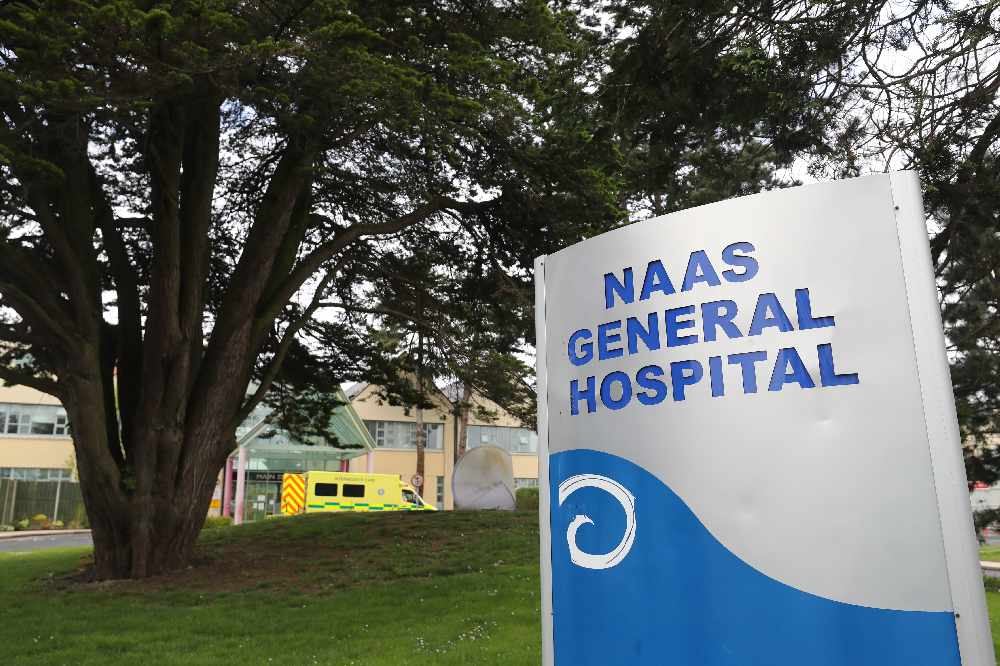
(Naas general hospital was one of many affected hospitals which were forced to cancel routine outpatient radiology and blood test appointments.)


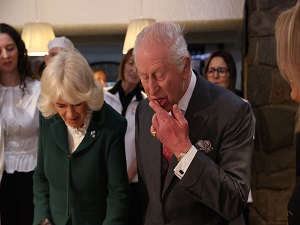 King and Queen test their baking skills during Northern Ireland visit
King and Queen test their baking skills during Northern Ireland visit
 Teachers offered 5.5% pay rise in ‘enhanced package’
Teachers offered 5.5% pay rise in ‘enhanced package’
 Belfast named UK’s biggest pub music scene outside London
Belfast named UK’s biggest pub music scene outside London
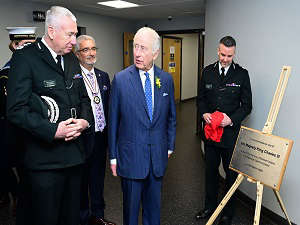 King and Queen meet creatives during visit to heart of Belfast
King and Queen meet creatives during visit to heart of Belfast
 Man, 18, remanded in custody charged with attempted murder in Belfast
Man, 18, remanded in custody charged with attempted murder in Belfast